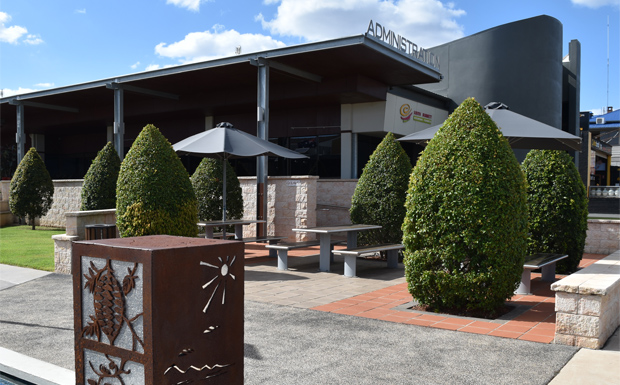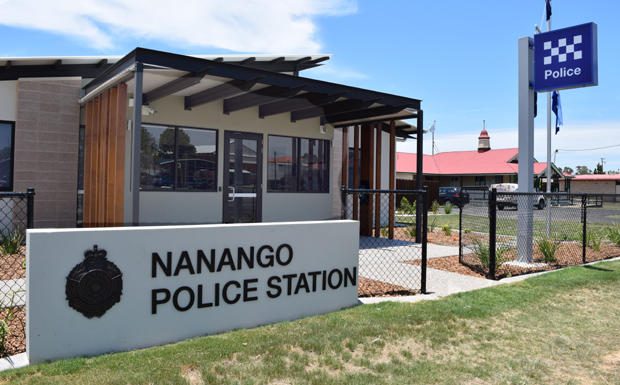
November 28, 2012
AgForce Queensland has been angered by a Federal Government announcement that funding for part of the native title claims process will be axed from January 1.
They’ve warned the cut could lead to the collapse of native title negotiations across the nation.
The current system, which has been in place since 1996, involves claims being negotiated by a Federal Government-funded Native Title Officer and a legal representative, who acts on behalf of both the claimant and respondent in the process.
Attorney-General Nicola Roxon said today the government would discontinue funding the part of the scheme that provides legal representation for pastoralists in a bid to save $2.2 million over the next two years. However, it would continue funding indigenous claimants.
“We are operating in a tight fiscal environment and the Australian government cannot maintain previous levels of funding for the Native Title Respondent Funding Scheme,” Ms Roxon said.
“In accordance with the principles of the access to justice framework, we need to ensure that limited funds are directed to those most in need of assistance.”
AgForce Senior Native Title Officer Dr John Stewart said withdrawal of funding to respondents in the process would lead to the “complete breakdown” of a system that provides positive outcomes for all stakeholders in its existing form.
“We have a system in place that allows for all respondents to a claim to be represented by one lawyer and one NTO and this is efficient use of resources,” Dr Stewart said.
“If funding is eliminated and pastoralists are forced to engage their own legal representation there will be instances where in excess of 50 lawyers will act of behalf of respondents in one claim alone.
“Common sense says this will lead to chaos in the Federal Court, protracted claim negotiations and ultimately cost the government more, given the time it will take to settle these native title claims.
“It will no doubt also further frustrate participants in the process, including traditional owners.”
Dr Stewart said AgForce was not questioning native title laws but had grave concerns about how these laws would be efficiently enforced in the future.
“We accept the law and are in no way are we questioning the need for claims to be finalised in a way that acknowledges the requirements of all stakeholders,” he said.
“However without Federal funding this finalisation will be an expensive and protracted process and lead to an unworkable legal mess.
Member for Wide Bay Warren Truss said the change would mean landowners would be forced to fund their own representation in native title disputes.
“As of January 1, 2013, the Gillard government will only fund the costs of claimants in native title disputes, leaving landholders to fend for themselves and potentially causing lengthy delays, huge costs and confusion,” he said.
“Striking a fair balance in resolving native title disputes is essential.
“As things stand, claims are generally assessed and resolved within two years in a spirit of goodwill without financial penalty to either party.
“The last thing any of us want is for a landowner to lose a native title dispute because the costs of testing claims are prohibitive for them.”
The National Farmers Federation (NFF), the NT Cattlemen’s Association and the Pastoralists and Graziers Association of WA have also called on the Federal Government to rethink the proposal.
The NFF said in a submission to Ms Roxon there would be 187 native claims with 1324 pastoralist respondents in January when the funding was due to end.
They’ve urged the government to extend the scheme, providing $2.2 million until the end of 2014, which would ensure that most native title claims would be settled.
Related Articles:























